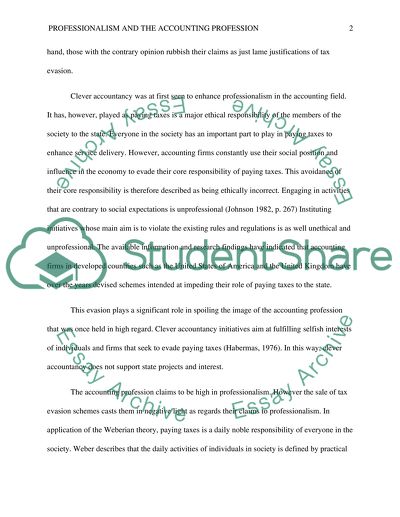Cite this document
(“Professionalism and the Accounting Profession Essay”, n.d.)
Professionalism and the Accounting Profession Essay. Retrieved from https://studentshare.org/finance-accounting/1473019-professionalism-and-the-accounting-profession
Professionalism and the Accounting Profession Essay. Retrieved from https://studentshare.org/finance-accounting/1473019-professionalism-and-the-accounting-profession
(Professionalism and the Accounting Profession Essay)
Professionalism and the Accounting Profession Essay. https://studentshare.org/finance-accounting/1473019-professionalism-and-the-accounting-profession.
Professionalism and the Accounting Profession Essay. https://studentshare.org/finance-accounting/1473019-professionalism-and-the-accounting-profession.
“Professionalism and the Accounting Profession Essay”, n.d. https://studentshare.org/finance-accounting/1473019-professionalism-and-the-accounting-profession.


